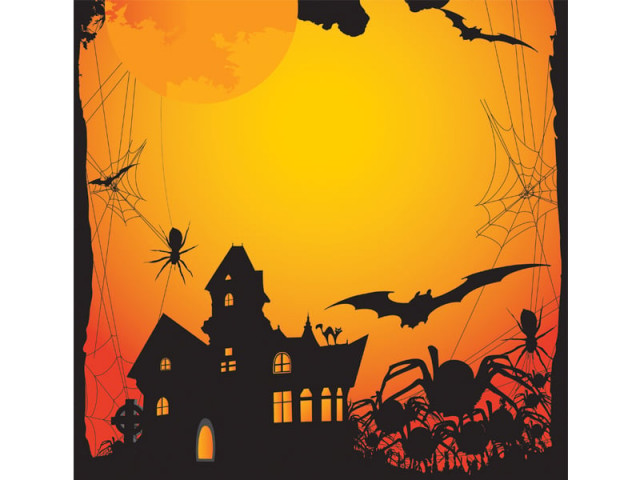Backwards or forwards?
We have struggled to decide just who we are in terms of religion and nationality amongst other factors.

Many hail this trend as a sign of progression; as evidence that we are moving on with the world. But is this really true? Perhaps we also need to ask if we are in real danger of losing our own sense of identity. This is especially true as the issue of identity has always been a confused one in our part of the world. Since 1947, we have struggled to decide just who we are in terms of religion and nationality amongst other factors, clinging on to our long subcontinental heritage in many aspects of life — such as the rituals typical of a wedding — but especially since the 1980s, also making a move towards the Middle East, as doubts grow over the meaning of religion in life. Our tradition of music has suffered, with classical music struggling to stay alive in a hostile environment.
We should also ask ourselves what has happened to other practices. The festival of Basant, observed in Lahore for centuries, has vanished completely, chiefly as a result of official narrow-mindedness and a lack of awareness of what impact stealing away the past can have. A generation who may never feel the exhilarating tug of a kite is growing up; even celebration of festivals like Shab-e-Barat and Eid has changed. The impact of all this must be considered, for in many ways keeping heritage alive keeps nations alive.
Published in The Express Tribune, November 6th, 2011.














COMMENTS
Comments are moderated and generally will be posted if they are on-topic and not abusive.
For more information, please see our Comments FAQ